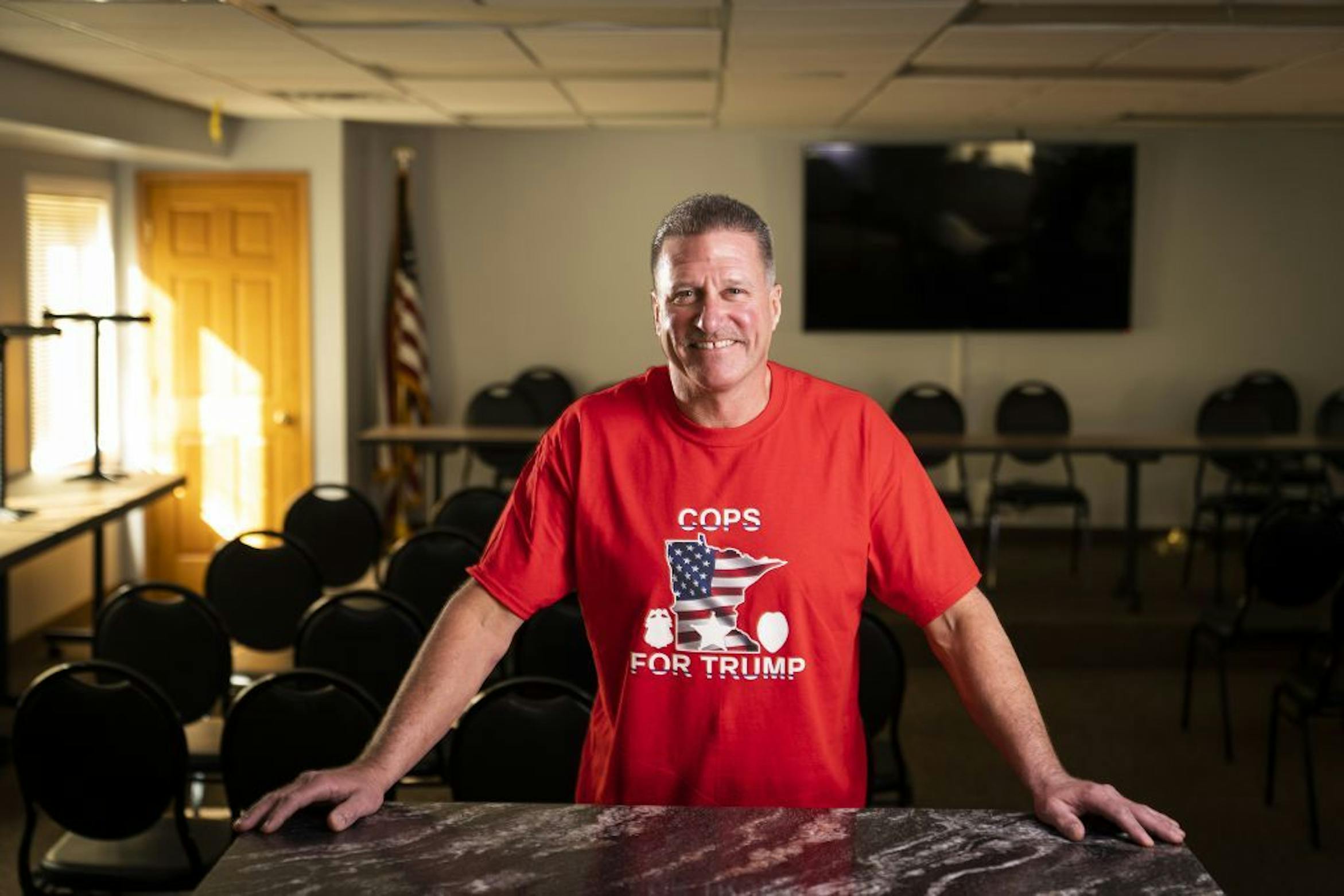
Despite what you read here, I am not auditioning to be some kind of trans Debbie Downer. Good things, improvements even, are happening … somewhere. But just not now in Minneapolis if we’re talking police reform.
My joyless prediction for the upcoming vote on fixing The Problem with Minneapolis Cops is that Question Two will be defeated by at least 10%, essentially a wipe out. And that folks, will be the last time for a long time that voters will be able to do anything directly about, dare I say, one of the most notorious police departments in the USA.
The reasons for this crushing defeat are painfully obvious.
A: Based on my highly unscientific anecdotal research, way too few people understand what comes next if they in some way reduce the size and authority of the cops we have. (Since I live in Edina, so I should say “they have.”) People I hear and talk to seem to agree that the average Minneapolis cop is a poorly-vetted, poorly-trained “thumper”, a national embarrassment with a hair-trigger penchant for racially-based violence. But …

B: … fear of street crime and personal assault is as high right now as I can remember it. Upscale residents of southwest Minneapolis (one of the safest neighborhoods in the country) can’t tell you how a “public safety” force would protect them from Hollywood-style gang banger shoot-outs in moving vehicles or crowded bars. And voters over on the north side don’t care if the average cop is a racist Trumper as long as they chase down the thugs turning grade school kids in to collateral damage.

And C: The excruciatingly naive cry to “defund the police” is the most poisonous egg from a toxic goose any group has squeezed out since free love hippies raged about dismantling the military. Paranoid, status quo cop supporters couldn’t have invented a more potent slogan to prevent any kind of change in how Minneapolis goes about “protecting and serving.”
Making matters worse — more Downer here — is that Minneapolis is a national test case. When, not if, this “reform movement” goes down in flames, it’ll chill similar campaigns across the country.
That of course is the voter referendum variation on reform. City councils could, if they dared, initiate reforms. Somehow they could decertify police unions. It would not be easy, (what is?), but it would clear away the single most effective barrier to cop accountability.

Cops would howl and their fear-addled supporters would throw countless expensive law suits in the city’s face. But it has always seemed to me that selling “police accountability” and “transparency” is an easier argument than “replacing” the force with some nebulous “public safety” corps. The latter is a wishful(ly) concept which many residents think of as where sweet little Indivisible ladies and wispy-bearded grad students sit down for chai tea with the Crips and the Bloods.
One short-term upside to the crushing defeat of Question Two is that by not being in effect next November it will tamp down “crime” (which always means black street crime and never big money white collar fraud) as a Republican vote-stoker in the 2022 election cycle.
Question Two’s ignominious defeat won’t eliminate crime as the biggest issue, because “law and order!” is as evergreen a campaign rallying cry as you can get. But it would shave — says Mr. Downer — a few degrees off the fear fever, and maybe a few votes from anyone vowing more money and fewer restrictions on “our” valorous cops.

The biggest problem with Question 2 is that it will muddy the reporting lines (ie., the City Council, the ultimate in dysfunctional groups, will be inserted in the reporting relationship). Further, it will not address the fundamental question of how to enable the Mayor and the Police Chief to fire bad cops.
The cities relationship with the Police Union must be changed, and Question 2 doesn’t even begin to address that. It will simply create more problems, and not solve any.
I think that the single most important question on the ballot is Question 1, and I intend to vote in favor of it. We need a strong mayor to address the many issues that Minneapolis is facing (one of which is police reform). We can argue about who would be the best mayor, but none of them will be able to do anything until the City Charter is changed to allow for that. The City Council should not have any executive functions, only legislative functions.